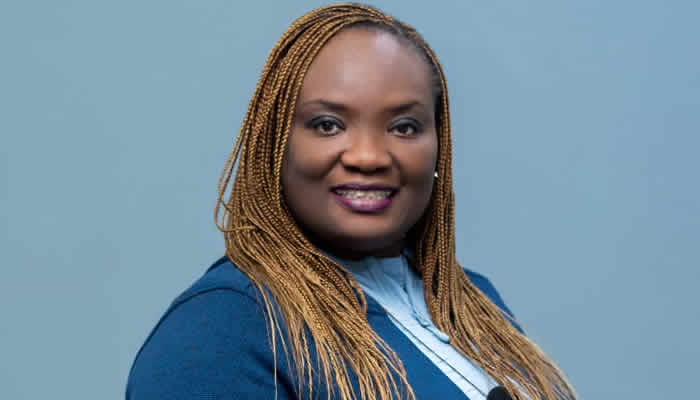A renewable energy expert and Chief Operating Officer at Atnesystems Energy, Tanwa Iwayemi, has said renewables could supply up to 30 per cent of Nigeria’s energy needs.
Iwayemi said this can be achieved with supportive policies and strategic investments by 2030.
According to her, this would not only diversify the energy mix but also enhance grid stability and reduce dependence on fossil fuels.
Iwayemi said her work experience in telecoms underscored the importance of an uninterrupted power supply and efficient infrastructure.
She said, “It became clear that renewable energy could address many of the access and reliability challenges facing Africa. This realisation led me to pursue further education and hands-on experience in energy engineering, focusing on integrating renewables with existing systems.
“Renewable energy is not just about technology; it’s about improving lives. It can drive economic growth, reduce energy poverty, and help mitigate environmental degradation. With abundant solar and wind resources, Nigeria and other African countries are well-positioned to lead in renewable adoption, fostering inclusive growth and climate resilience.”
Speaking on the challenges facing the sector, she noted that the key barriers include inconsistent policy frameworks, limited financing options, and inadequate infrastructure.
Addressing these, she said, requires comprehensive policies, investment incentives, public-private partnerships, and targeted grid modernisation, noting that that capacity building and local content development are also critical for long-term sustainability.
Iwayemi added that Africa’s vast renewable resources present immense opportunities for energy access and economic development.
However, she added that challenges such as financing, regulatory harmonisation, and technology transfer persist, adding that regional cooperation, knowledge sharing, and joint investment initiatives can help overcome these hurdles.
The COO maintained that by studying effective policies, regulatory models, and financing mechanisms, African countries can adapt best practices to local contexts, stressing that international collaboration, technology transfer, and capacity-building initiatives are vital for accelerating progress.
On technology, she explained that IoT and Big Data are transforming the sector by enabling real-time monitoring, predictive maintenance, and demand forecasting, noting that these technologies improve system efficiency, reliability, and customer engagement, making renewable energy systems more robust and scalable.
She added that smart grids facilitate real-time data exchange, automated control, and predictive analytics, enhancing grid resilience and reducing outages, while supporting a higher share of renewables in the energy mix.
The energy expert posited that batteries are the best energy storage method for Africa.
“Battery innovations, especially in lithium-ion and emerging technologies like flow batteries, particularly for commercial large-scale and long-duration applications, are game-changers. Exploring geothermal and other storage solutions tailored to local conditions can further address intermittency and enable broader renewable deployment,” she said.
On integration and optimisation, she remarked, “Successful integration requires a holistic approach: assessing local demand, resource availability, and storage needs, then designing systems for maximum efficiency and reliability. Advanced modelling tools and simulation software are essential for optimising performance and cost-effectiveness.”
Iwayemi called for a robust policy environment that includes incentives, tax credits, feed-in tariffs, and net metering.
She added that regulatory clarity and streamlined permitting processes are also essential to attract investment and foster innovation.
According to her, models such as pay-as-you-go, microfinance, green bonds, and public-private partnerships can lower entry barriers and mobilise capital for both large-scale and off-grid projects.
Iwayemi is currently a PhD student at the University of North Dakota, United States.
She holds a degree in Mathematical Science from the University of Ado Ekiti (now Ekiti State University), MBA from the University of the People, California, and a Master in Energy Engineering from the University of North Dakota, USA















